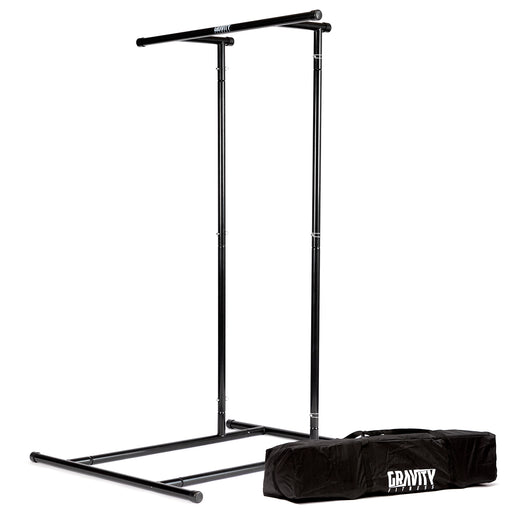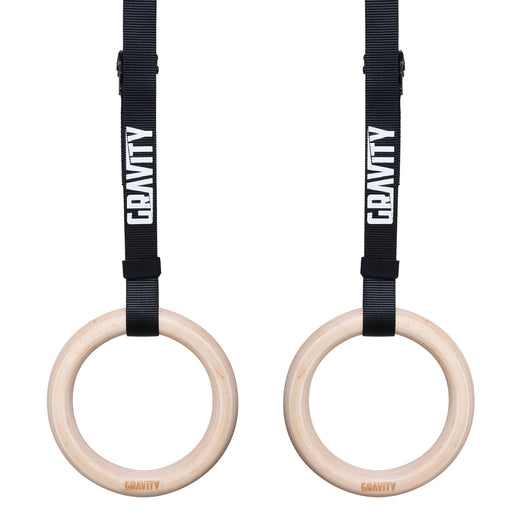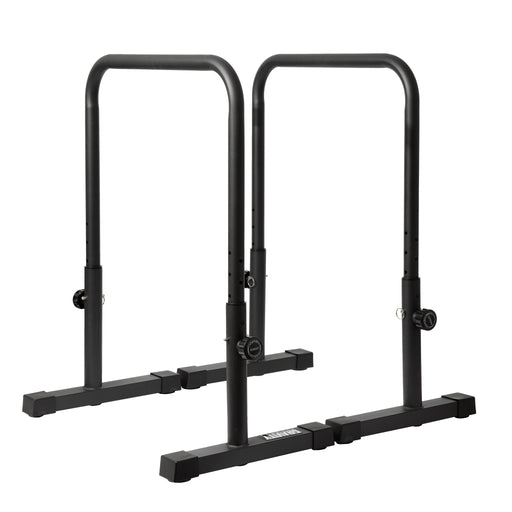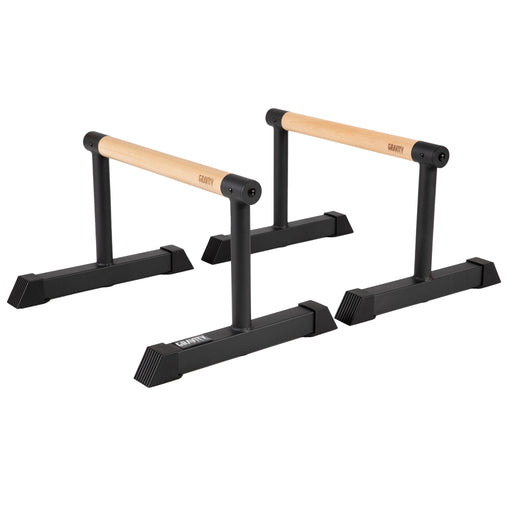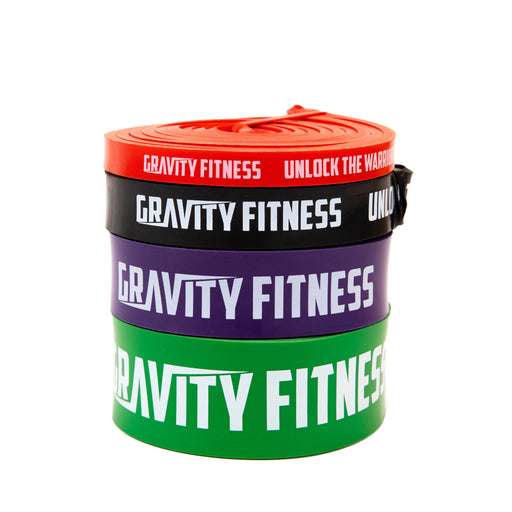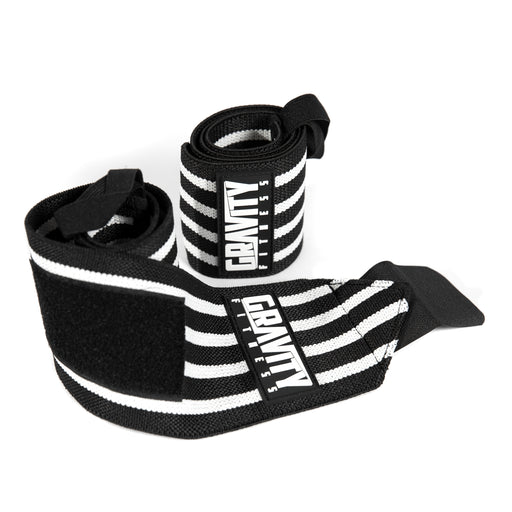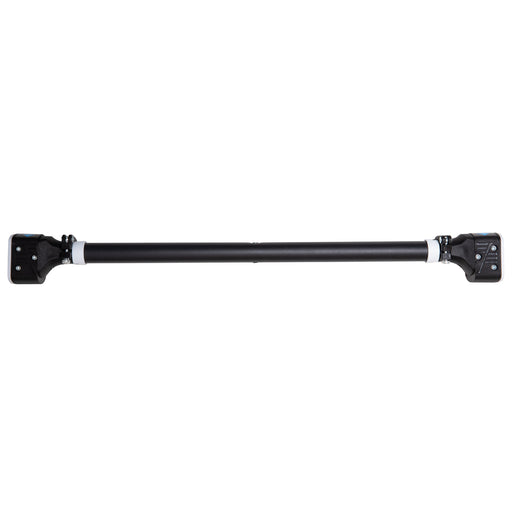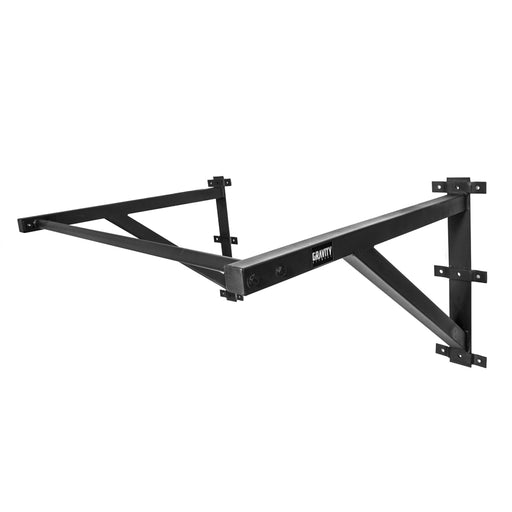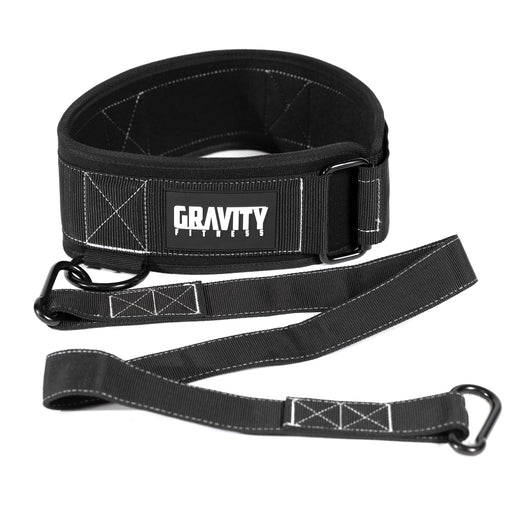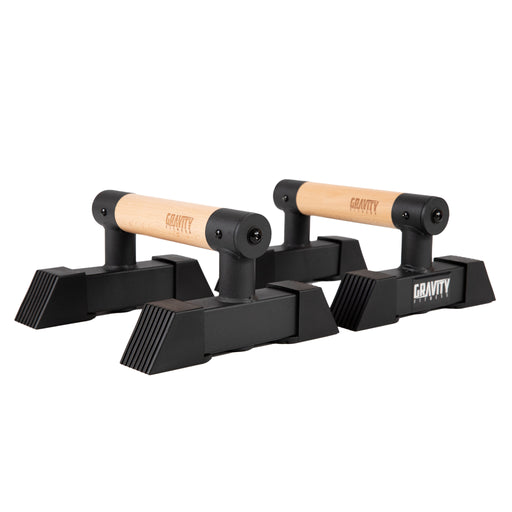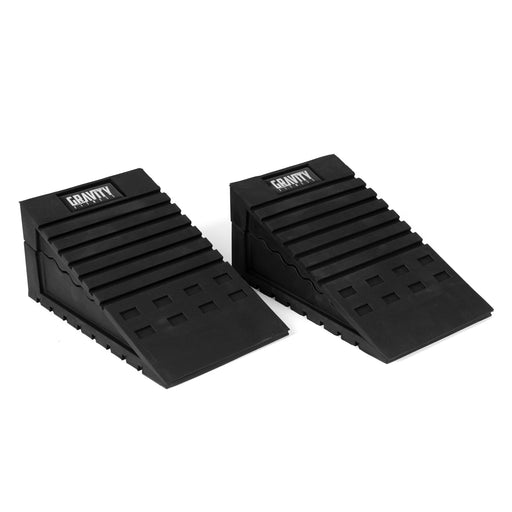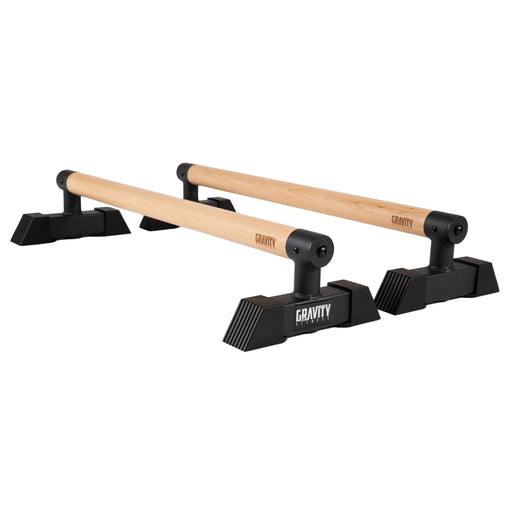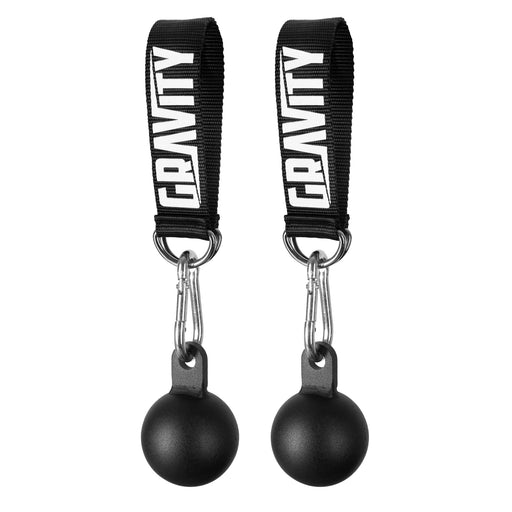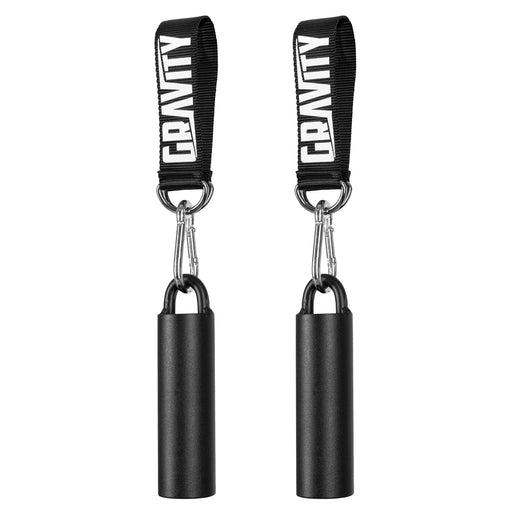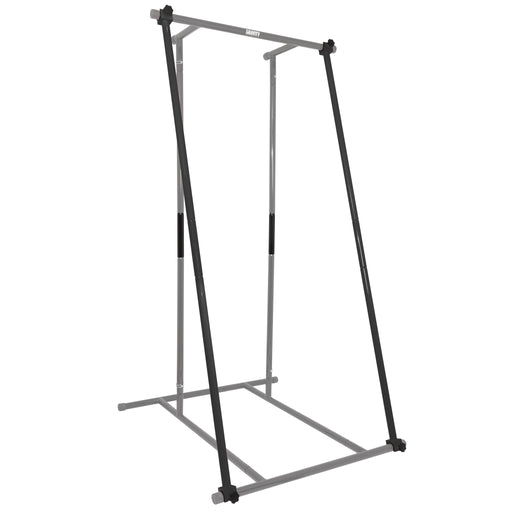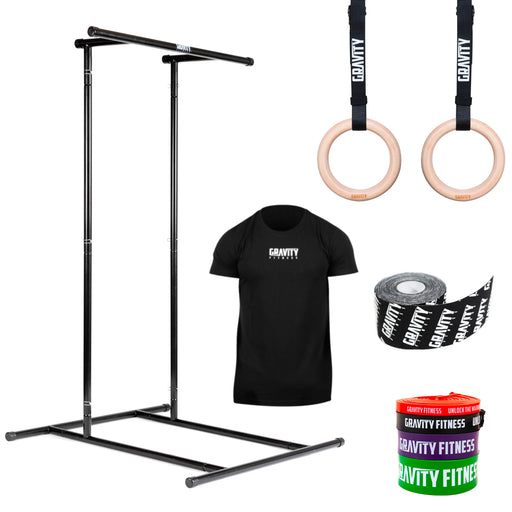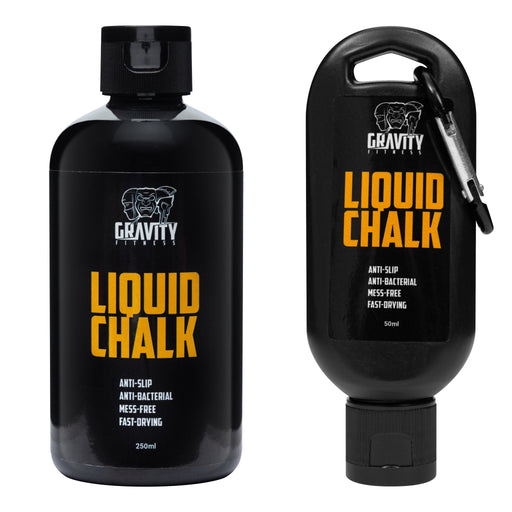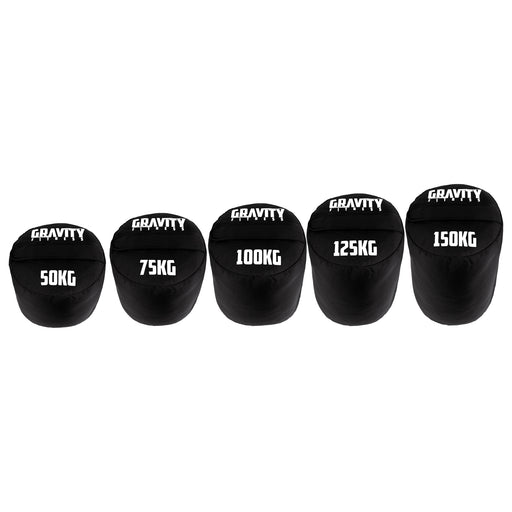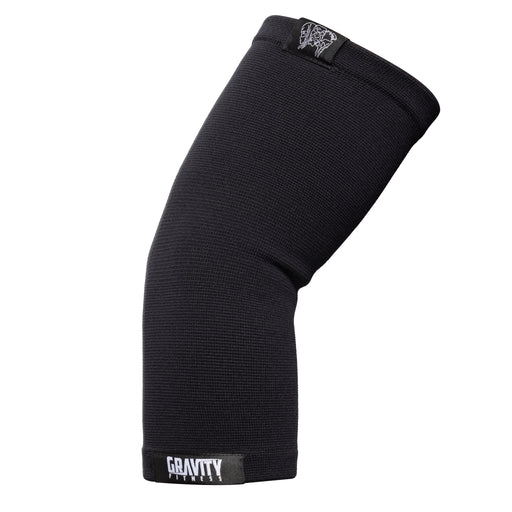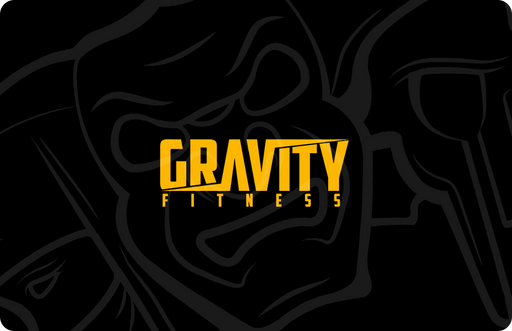
Why an 8-week diet challenge won't get you lean
Why an 8-week diet challenge won't get you lean
Hands up if you’ve never done a fat loss phase, been on a diet, or focused on losing weight? Fat loss and nutrition usually feature somewhere in everyone’s fitness lifestyle, and social media makes it easier than ever to cherry-pick a plan.
Why are diet challenges popular?
Short term diet challenges are a fairly new evolution in the weight loss world. You can now work with a coach, join an online group, or even set yourself a very short-term diet focus.
The appeal is pretty obvious – a short, sharp diet that promises all kinds of benefits seems much easier than long term habit change. And a lot of these diet challenges are gamified and social, adding to their charm.
But are things like an 8-week diet really the best way to improve your nutrition habits, lose some weight, and set yourself up for long-term success? Or are you playing into the hands of brands and businesses who churn out challenges?
Is an 8-week diet challenge a good idea?
8-week diet challenges can be a great way to give new habits time to bed in under the watchful eye of an expert. They can also be highly motivating, with no tie to lose momentum.
But it really depends on the challenge. Are you going it alone, making up the criteria and rules as you go along? Or are you working with a legit nutritionist who understands human behaviour as well as the numbers?
What’s your background with food and nutrition? If you already know a fair bit an understand what your body needs, a short-term diet challenge might work well. But if your knowledge is limited or you have a disordered food history, such a quick fix might set you back.
Do short-term diets work?
From a physical perspective, yes, a few weeks is enough time to make tangible changes to your weight, bodyfat, and even your health markers. But it’s what happens after the diet that really matters.
If you decide to do an 8-week diet challenge, will you stick with the habits after the challenge’s Facebook group has closed? Or will you go back to how you were eating before the challenge?
The pros and cons of diet challenges
For – can be motivating to lose weight quickly
Against – strict and/or sudden diet rules hard to stick to
For – opportunity to practice positive new habits
Against – may lack support for habits once challenge ends
For – may be long enough to lose small amount of weight
Against – will you be able to maintain way of eating after the challenge
How to change your fat loss mindset
Most experts agree that long-term habit change is the best way to lose weight, keep it off, and improve your relationship with food. Short diets like quick fixes, fads, and challenges lack the framework to support you over the longer term.
Try changing your mindset to a slow and steady approach. Rather than radically changing what you eat, make one or two small changes (protein with every meal/snack, 5+ servings of fruit and vegetables, more home-cooking). Instead of introducing a big calorie deficit, commit to a small one that you can definitely sustain.
Small changes allow you to get on with life (rather than obsessing about your diet) and the weight will come off. You will eventually reach the same weight as you would have done on an 8-week challenge, but in a way you can sustain for life.
5 rules for sustainable weight loss that works
1 Don’t ban or demonise any foods or macronutrients
2 Eat in a way that you can sustain at home, socialising, on holiday
3 Learn how your body and mind react to foods so you can avoid triggers
4 Work with the smallest calorie deficit that keeps the weight coming off
5 Add healthy habits and foods as well as reducing unhealthy ones
Looking for the best calisthenics equipment for your home workouts or gym training? The Gravity Fitness store has the best quality kit for calisthenics and functional fitness training. Check out our best-sellers and top deals here.












